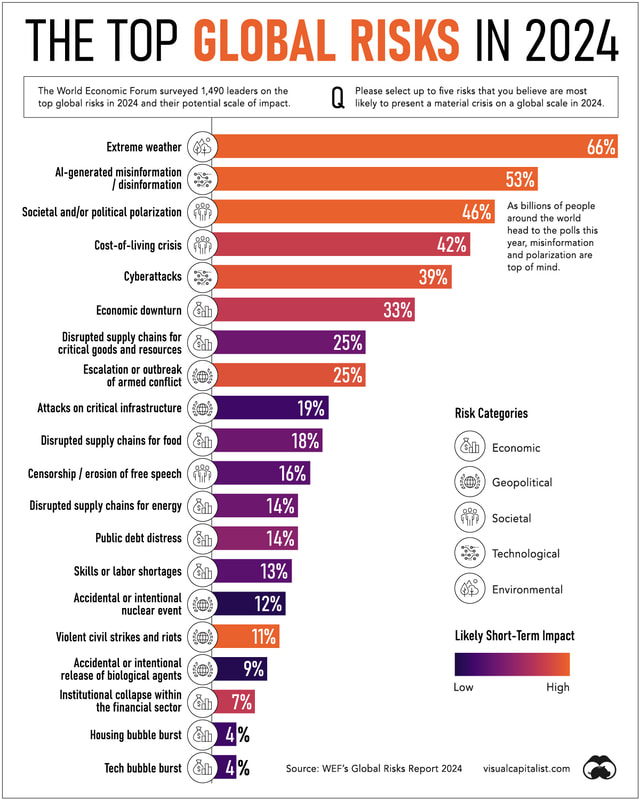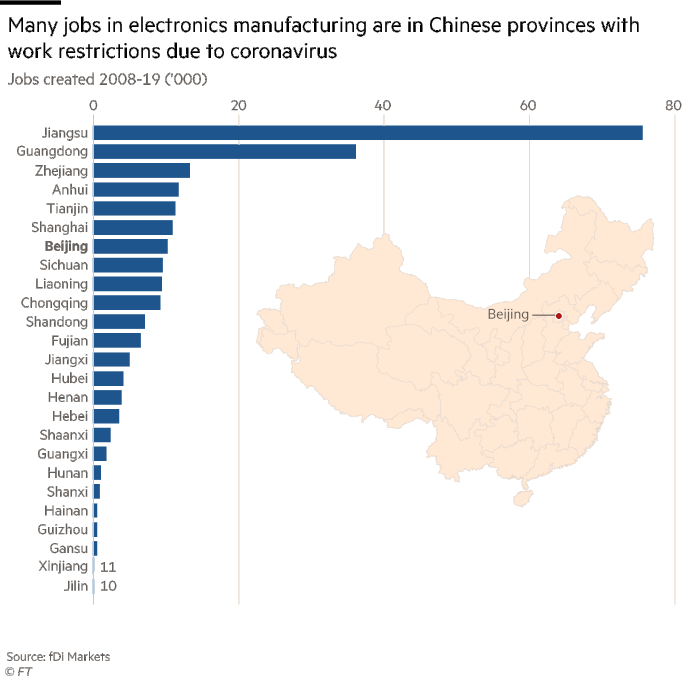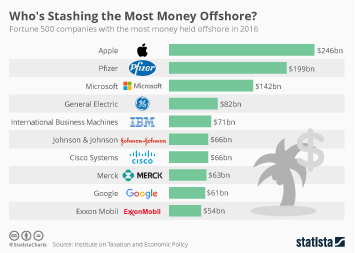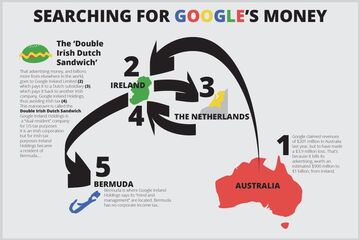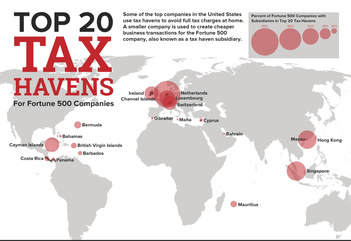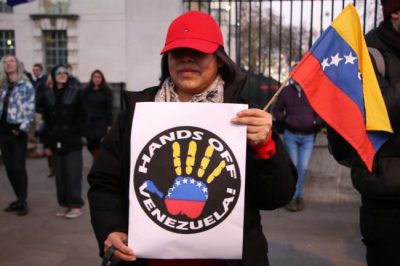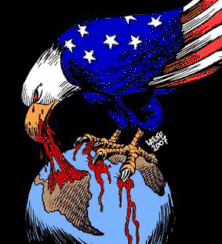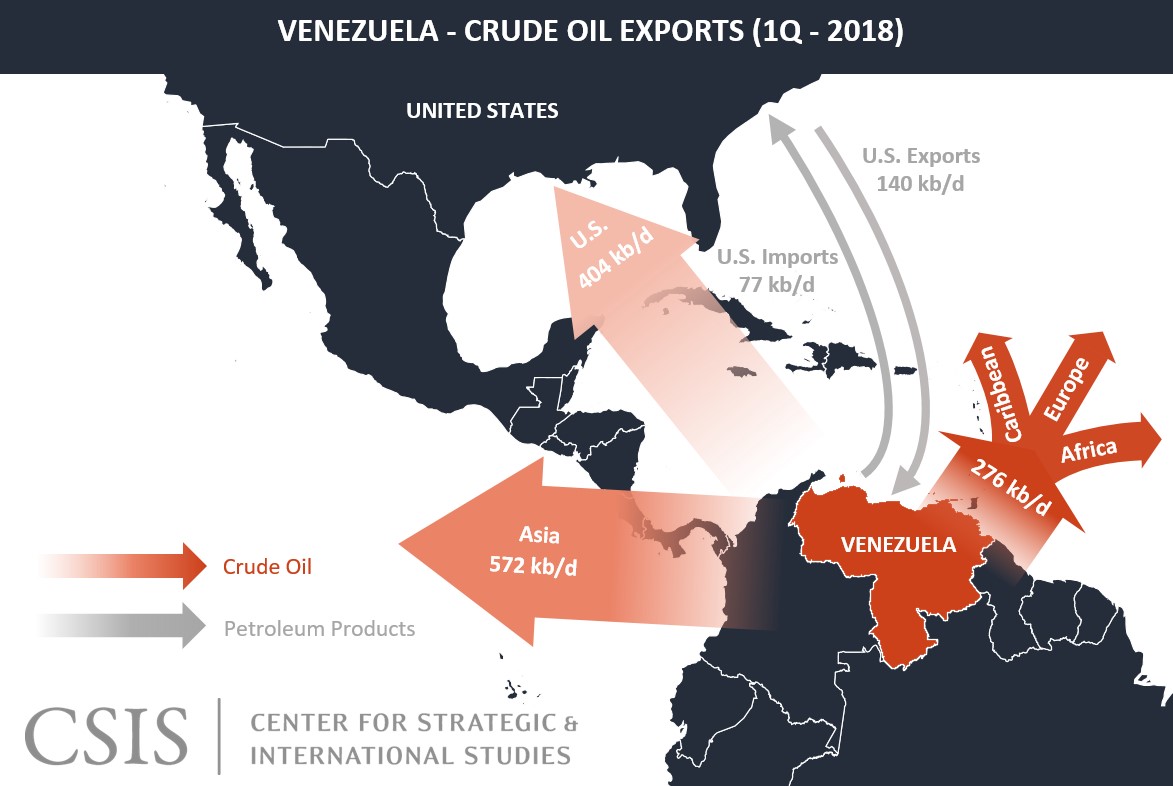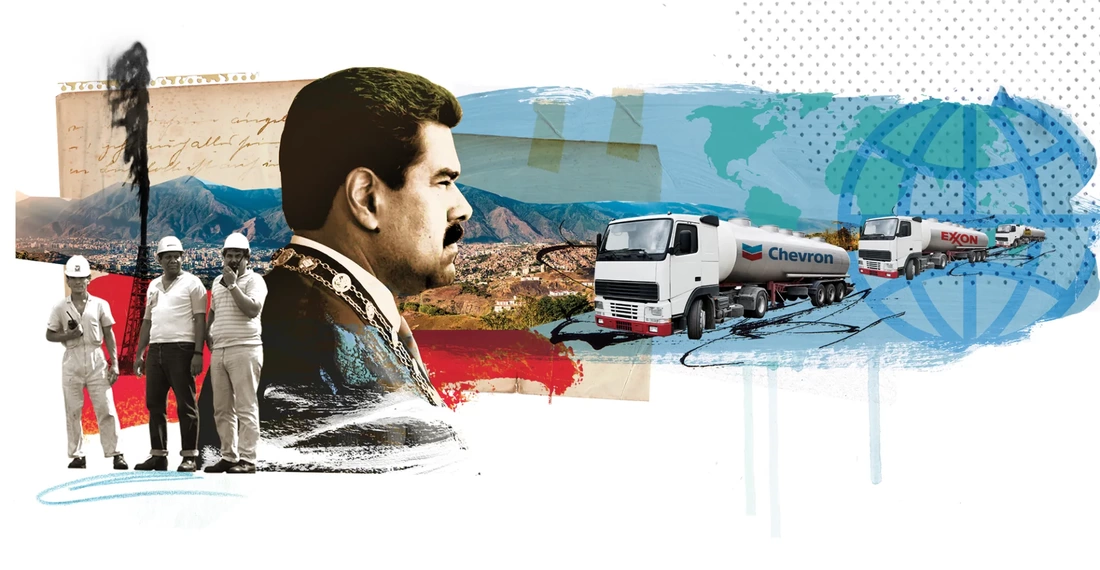What you'll need to know...
KEY CONCEPT - How technological and globalizing processes create new geopolitical and economic risks for individuals and societies
Threats to individuals and businesses:
• hacking, identity theft and the implications of surveillance for personal freedoms
• political, economic and physical risks to global supply chain flows
New and emerging threats to the political and economic sovereignty of states:
• profit repatriation and tax avoidance by TNCs and wealthy individuals
• disruptive technological innovations, such as drones and 3D printing
The correlation between increased globalization and renewed nationalism/tribalization
• Two detailed examples to illustrate geopolitical tension/conflict
Synthesis, evaluation and skills opportunities
How the advantages of globalization must be weighed against heightened possibilities of new geopolitical and economic risks
Threats to individuals and businesses:
• hacking, identity theft and the implications of surveillance for personal freedoms
• political, economic and physical risks to global supply chain flows
New and emerging threats to the political and economic sovereignty of states:
• profit repatriation and tax avoidance by TNCs and wealthy individuals
• disruptive technological innovations, such as drones and 3D printing
The correlation between increased globalization and renewed nationalism/tribalization
• Two detailed examples to illustrate geopolitical tension/conflict
Synthesis, evaluation and skills opportunities
How the advantages of globalization must be weighed against heightened possibilities of new geopolitical and economic risks
So, what are the global risks that we face today? Study the graphic below and discuss to what extent the risks that we face today are down to population growth, development and globalization.
Hacking, identity theft & the implications of surveillance for personal freedoms...
With the enormous growth in global interactions including online activity, there has also been a massive increase in online crime including hacking and identify theft. Due to perceived increased weaknesses in international borders and the flow of people, including terror networks, there has been an increased surveillance of people in many societies. This short unit of work will aim to find out her personal freedoms are compromised using four case studies beneath.
Task - The group should be split into four and each group should take one video and associated and produced a short piece of summary work of how each issue can impact on people and business to share with the rest of the group.
Task - The group should be split into four and each group should take one video and associated and produced a short piece of summary work of how each issue can impact on people and business to share with the rest of the group.
|
Hacking - UK / Russia
The gaining of unauthorized access to data in a system or computer.
|
Email Fraud - Phishing
|
Identity Theft - CBS
the fraudulent practice of using another person's name and personal information in order to obtain credit, loans..
|
China Surveillance - WSJ
close observation, especially of a suspected spy or criminal.
|
Want to know a little more about hacking? Check out the BBC Inquiry podcast - How Do You Run A Hacking Operation?
Part 1 - Political & Economic Risks to Supply Chains...
|
There has been much in the news recently about the arrest and detention of Meng Wanzhou, the Chinese tech company's chief financial officer. The other issues include the suspicion that Huawei backed by the Chinese government has implemented a surveillance programme on many devices to monitor internet, mobile phone and other communication usage.
Task - Conduct some research on the perceived political and economic risks of a Chinese based company supplying high-tech ICT hardware and software to other countries.
The two videos to the right are good, but the 23 minute Podcast below is an excellent source of information. Take notes from either the two videos above or the Podcast beneath using the worksheet below. How have political decisions & fallout's impacted the Huawei supply chain and.... How do Huawei 'threaten' the economic dominance of HIC telecommunications companies? |
|
Part 2 - Physical Risks to Supply Chains...
|
Starter: Watch the 15 minute video to the right & complete the note taking framework sheet (also right). Note the huge links that combine and cover large parts of this course. Synthesis in action!
What caused the COVID-19 Pandemic? It is a member of the coronavirus family that has never been encountered before. Like other coronaviruses, it has come from animals. Many of those initially infected either worked or frequently shopped in the Huanan seafood wholesale market in the centre of the Chinese city, which also sold live and newly slaughtered animals. Have there been other coronaviruses? New and troubling viruses usually originate in animal hosts. Ebola and flu are other examples – severe acute respiratory syndrome (Sars) and Middle Eastern respiratory syndrome (Mers) are both caused by coronaviruses that came from animals. In 2002, Sars spread virtually unchecked to 37 countries, causing global panic, infecting more than 8,000 people and killing more than 750. Mers appears to be less easily passed from human to human, but has greater lethality, killing 35% of about 2,500 people who have been infected. Source: The Guardian. |
Task (45 minutes) Complete the following tasks on the worksheet below. Take notes on the causes and effects of the physical interruption to global supply chains on three countries in total (first article). Make sure you also discuss the impacts on two well-known TNC's and how their supply chains have been impacted. It will be worth including a map like this one that shows the impacts on global supply chains. What have been the impacts on the Chinese economy of COVID from 2020 to present day? |
New and emerging threats to the political and economic sovereignty of states...
Part 1 - Profit repatriation and tax avoidance by TNCs and wealthy individuals.
Many countries around the world are now dealing with an emerging reality that global interactions can undermine both the political system and the sovereignty of their laws. Two of the most famous cases are those multinational companies who use complex offshoring methods to reduce taxation payments in host countries and others who refuse to repatriate profits back to the country of origin, again as a way of reducing tax burdens.
The two examples beneath study the operations of Nando's (chicken restaurant) and Apple.
Background 1 - Watch the video below from two minutes onward. Take notes and create a 'dodgy map diagram' like the one on the video to show how large companies avoid paying tax.
Many countries around the world are now dealing with an emerging reality that global interactions can undermine both the political system and the sovereignty of their laws. Two of the most famous cases are those multinational companies who use complex offshoring methods to reduce taxation payments in host countries and others who refuse to repatriate profits back to the country of origin, again as a way of reducing tax burdens.
The two examples beneath study the operations of Nando's (chicken restaurant) and Apple.
Background 1 - Watch the video below from two minutes onward. Take notes and create a 'dodgy map diagram' like the one on the video to show how large companies avoid paying tax.
Background 2- Read this short article from Oxfam. Take a note of 5 key pieces of 'memorable data' as well as notes under the subtitles 'winners' and 'losers'.
Define:
- Profit Repatriation
- Tax Avoidance
- TNC
Task - Watch the videos below and make summary notes of how each company manipulates (legally) the tax markets.
|
|
|
Disruptive Technologies...
Part 2 - Drones & 3D Printing . There has been much in the news lately about so called disruptive technologies such as drones and 3D printing. Events at the end of 2018 demonstrated that drones being irresponsibly flown close to an airport can lead to a shut down of an international transport hub at one of the busiest times of year.
Below are two such examples. Firstly, the transport chaos caused by a drone spotted close to Gatwick airport in England and secondly the growing issues associated with homemade guns.
Below are two such examples. Firstly, the transport chaos caused by a drone spotted close to Gatwick airport in England and secondly the growing issues associated with homemade guns.
Listen to the BBC Inquiry podcast - Can we control 3D Printing & take notes.
Watch the two videos above and read the two articles below and take notes.
Complete the following 12 mark question based on both:
Using examples, analyse how disruptive technologies can threaten the security of states (12)
Watch the two videos above and read the two articles below and take notes.
Complete the following 12 mark question based on both:
Using examples, analyse how disruptive technologies can threaten the security of states (12)
The correlation between increased globalization and renewed nationalism...
This last section of this work requires two detailed examples to illustrate geopolitical tension/conflict. We can refer back to our case study on the Front National in France as one example as part of their manifesto (apart from being anti immigration) is moving to counteract what they perceive to be the negative implications of globalization. A reminder is here.
Starter - The Situation in Europe - Listen to the BBC Inquiry Podcast - Will populism destroy the European Union?
It is 22 minutes long and you will hear from 4 expert witnesses. Make notes on what each has to say and how globalization is causing a rise in nationalism in the EU.
Starter - The Situation in Europe - Listen to the BBC Inquiry Podcast - Will populism destroy the European Union?
It is 22 minutes long and you will hear from 4 expert witnesses. Make notes on what each has to say and how globalization is causing a rise in nationalism in the EU.
Focus on Venezuela...
Task 1 - The Reading Task - Click here to read a 10-minute article on the situation in Venezuela.
Task 2 - The Listening Task - Spend 23 minutes listening to the BBC Inquiry podcast below. Listen out for key information that demonstrates the correlation between globalization and increasing levels of nationalism within the country.
Task 3 - The Watching Task - Watch the video above and take notes on how USA interference (oil interest) in Venezuelan politics has led to instability within the country
Task 4 - Read this recent article from the BBC and in particular focus on the section entitled 'The fight against imperialism'. Make notes on the key points made as well as explaining what the term 'Chavismo' means.

